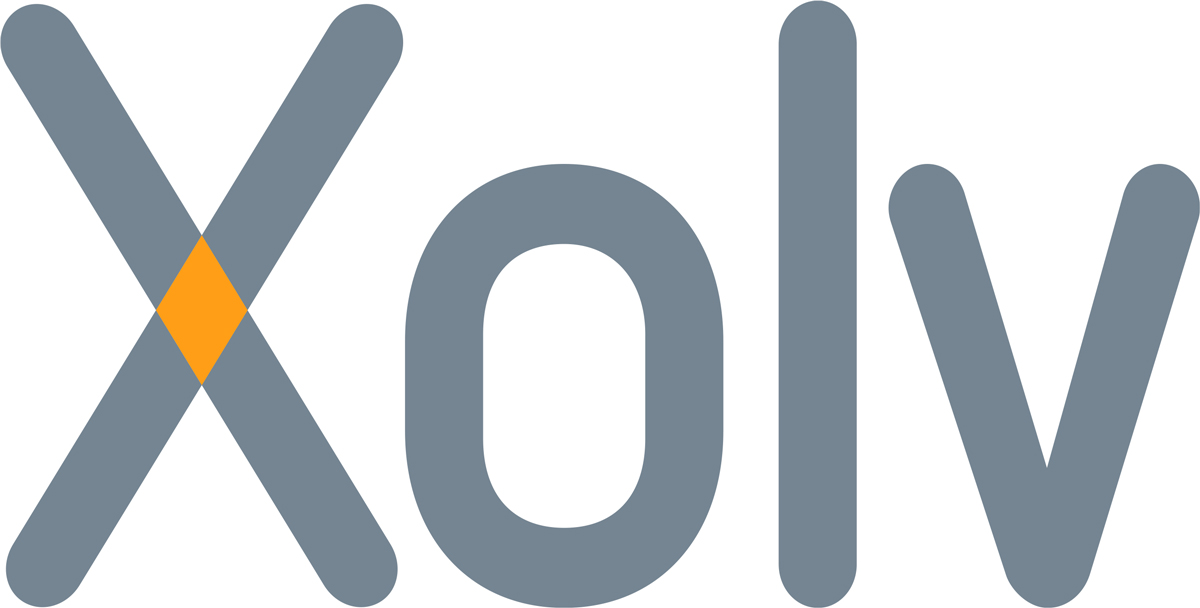Flexibel dankzij factoring
Geen zorgen. We hebben goed nieuws. U heeft de bank helemaal niet nodig. Dankzij een overschot aan kapitaal in Nederland zijn er talloze nieuwe financieringsmaatschappijen ontstaan die bedrijven in het MKB-segment bedienen. Uw kansen liggen op het vlak van het zogenoemde asset based financing: het leasen van kapitaalgoederen en het financieren van debiteurenvorderingen (ook wel factoring genoemd) en eventueel ook voorraden en orders.
Waar banken, verzekeraars en ook adviseurs steeds meer aan strakke wettelijke regels worden gebonden kunnen factormaatschappijen vrij gemakkelijk opgestart worden. Kiest u voor factoring, dan heeft u altijd de beschikking over werkkapitaal om te kunnen groeien. Flexibel dankzij factoring dus!
5 vormen van debiteurenfinancieringen
Er zijn verschillende vormen van debiteurenfinanciering. We zetten er 5 voor u op een rij.
1. Traditioneel factoring
- Bevoorschotting van debiteuren op basis van verpanding van debiteuren;
- Hogere financiering dan bij banken (maximaal 90% van de openstaande goedgekeurde vorderingen op basis van de gehele debiteurenportefeuille);
- Binnen 24 uur na facturatie aan uw klant heeft u de beschikking over uw geld;
- Door balansverkorting biedt factoring de mogelijkheid de financiële ratio’s m.b.t. solvabiliteit en liquiditeit te verbeteren;
- Eventueel kunnen voorraden en inkooporders meegefinancierd worden;
- Meestal moeten door de aandeelhouders (soms ook privé) borgstellingen of zekerheden verstrekt worden; vaak wordt ook een kredietverzekering verplicht gesteld;
- Op basis van de financiële gegevens van de onderneming wordt een kredietvoorstel geschreven dat door een krediet comité geaccordeerd moet worden, er wordt met name naar winstgevendheid en continuïteit gekeken.
2. American factoring
- Dit is hetzelfde als traditioneel factoring, maar in dit geval worden de debiteurenvorderingen gekocht door de factormaatschappij in plaats van verpand aan de factormaatschappij.
3. Single buyer factoring
- In deze vorm kunnen debiteurenvorderingen per één of meerdere debiteuren ter financiering aangeboden worden;
- Met name veel nieuwe factormaatschappijen bieden deze optie via een online platform;
- Het grote voordeel is flexibiliteit; er hoeft niet een gehele portefeuille gefinancierd te worden. Alleen als er (tijdelijke) behoefte ontstaat, kan hiervan gebruik gemaakt worden;
- Let wel: deze vorm van financiering is relatief duur ten opzichte van traditioneel factoring.
4. Single invoice factoring
- Hetzelfde als single buyer factoring, maar bij deze vorm kan zelfs per factuur een debiteurenvordering ter financiering aangeboden worden;
- Omdat op de factuur vermeld moet worden dat alleen bevrijdend aan de factormaatschappij betaald kan worden is het vaak niet handig om dezelfde debiteur de ene keer rechtstreeks te laten betalen en de volgende keer aan de factormaatschappij.
5. Hybride vormen van factoring
- Nog steeds komen er veel nieuwe initiatieven op de markt waarbij steeds flexibelere financiering wordt aangeboden. Digitalisering speelt hierbij een belangrijke rol.
Is factoring iets voor uw bedrijf?
Welke vorm bij u en uw bedrijf past? Dat zoeken we graag samen met u uit. Bij Xolv hebben we jarenlange ervaring op het gebied van factoring en kennen we de markt als geen ander, waardoor we altijd met de juiste, betrouwbare partijen zaken doen. Bovendien zijn we 100% onafhankelijk en kunnen we samen met u een optimale financieringsaanvraag schrijven. Is factoring iets voor u? Onze specialisten staan voor u klaar!

